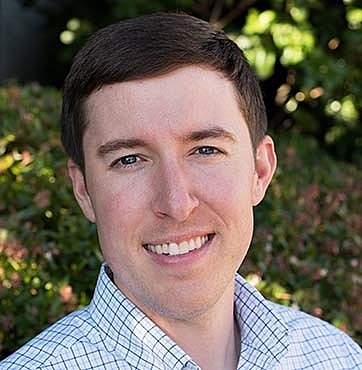May is Mental Health Awareness Month, and what better way to mark the occasion than by becoming a Mental Health First Aider? I’ve been a First Responder most of my adult life and felt like this training was a natural next step in becoming skilled at responding to a coworker who may be facing a mental health challenge or even a crisis.
I was shocked to learn that 1 in 5 Americans experience a mental health challenge or substance use disorder in any given year. If the statistics play out here, that puts over 100 of us in that boat at any given time. There are all kinds of resources out there for us to get help, including our healthcare providers and employee assistance programs, but I also learned that it takes an average of 10 years for people to seek help on their own unless otherwise encouraged.
That made me reflect on how often I expect a smile and “great” or “just fine” reply when I ask someone “how are you doing, my friend?” Probably thousands. And how often have I walked past someone who appears to be in distress or oddly disconnected and subconsciously thought “none of my business?” Plenty.
1 in 5 Americans experience a mental health challenge or substance use disorder in any given year.
Mental Health First Aid [MHFA] doesn’t ask us to interfere with people or become nosy and intrusive. It simply teaches us to understand and recognize the signs and symptoms, how to genuinely reach out in a discreet and respectful way and encourage people by giving them good information on how they can get help. There’s obviously much more to it, but here are some simple things even those of us who haven’t had the training can do:
- Be aware of benefits offered by your employer and how to refer your coworkers to them. Reach out to HR for more details.
- Keep the National Suicide Prevention Lifeline in your phone: 1-800-273-TALK (8255).
- If you are worried that someone is experiencing a mental health challenge or substance use disorder talk to your supervisor, HR, or other member of management.
- Never hesitate to call 911 if you believe someone is in imminent danger of harming themselves or others.
The greatest thing about becoming a Mental Health First Aider is feeling equipped and empowered to help the people who matter to me [my GLY team!] and having the opportunity to highlight how important it is to have each other’s back, under many different life circumstances.
To learn more about MHFA and explore training options in your area, visit the Mental Health First Aid website or feel free to connect with me using the links at right.
Related Reading
Mental Health and Well-Being in the Construction Industry
Building a Caring Culture


